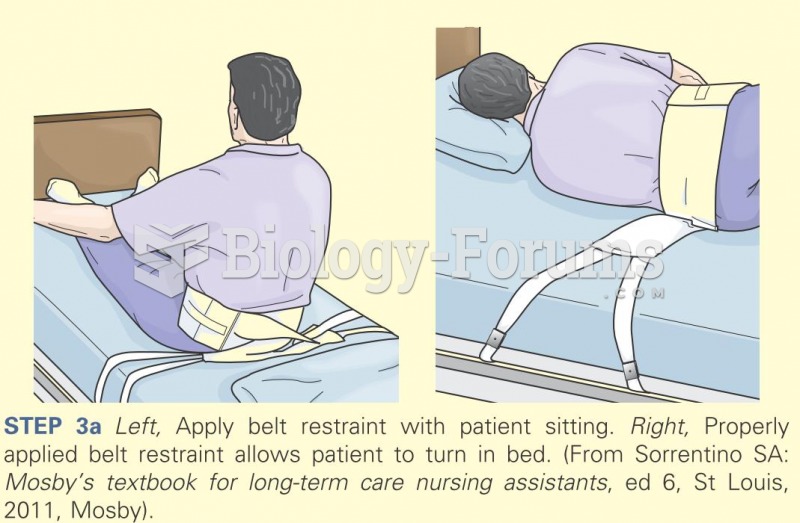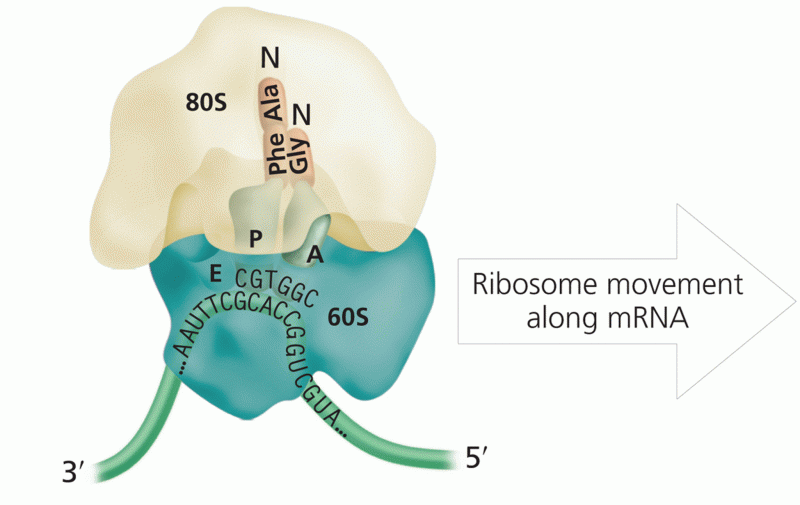|
|
|
Hypertension is a silent killer because it is deadly and has no significant early symptoms. The danger from hypertension is the extra load on the heart, which can lead to hypertensive heart disease and kidney damage. This occurs without any major symptoms until the high blood pressure becomes extreme. Regular blood pressure checks are an important method of catching hypertension before it can kill you.
The average office desk has 400 times more bacteria on it than a toilet.
After 5 years of being diagnosed with rheumatoid arthritis, one every three patients will no longer be able to work.
The shortest mature adult human of whom there is independent evidence was Gul Mohammed in India. In 1990, he was measured in New Delhi and stood 22.5 inches tall.
The liver is the only organ that has the ability to regenerate itself after certain types of damage. As much as 25% of the liver can be removed, and it will still regenerate back to its original shape and size. However, the liver cannot regenerate after severe damage caused by alcohol.
 Movement of a drug through the body (pharmacokinetics): absorption, distribution, metabolism, and ...
Movement of a drug through the body (pharmacokinetics): absorption, distribution, metabolism, and ...
 Circular petrissage to forehead. Use the thumbs moving in counterclockwise circles. The movement is ...
Circular petrissage to forehead. Use the thumbs moving in counterclockwise circles. The movement is ...





